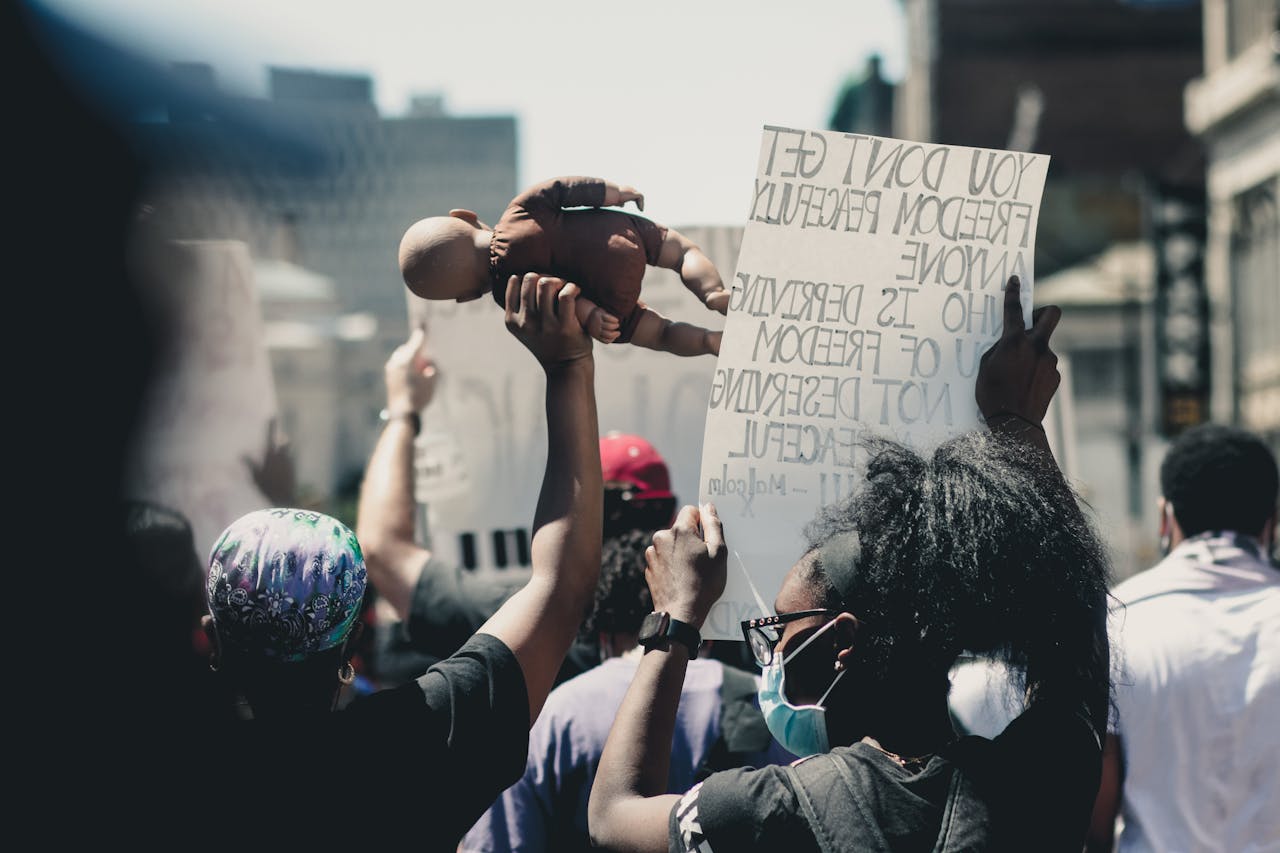During the relief phase, operations like evacuations, first aid, temporary housing, and the creation of relief centers are carried out. Disaster relief nonprofits work to ensure that those affected by disasters are often given financial help in addition to direct assistance.

- GOAL works with communities to help them become better at emergency preparedness and response.
- DEC plays a crucial role in coordinating the public’s response to crises abroad.
Top 5 Disaster Relief Nonprofits in Malawi
In this article, we will consider the most outstanding disaster relief nonprofits in Malawi.
a. Malawi Relief Fund
The Malawi Relief Fund provides humanitarian relief and addresses local needs to assist Malawi’s impoverished and destitute. By collaborating with regional organizations, the nonprofit delivers aid and programs that are highly effective, and efficient. The goal is to directly reach the most vulnerable individuals.
Malawi Relief Fund is a UK-registered charity that began with the goal of reducing poverty in the country. Backed by a group of devoted and passionate volunteers, the organization continues to make great efforts to protect and connect with citizens.
b. NYC Medics
NYC provides immediate assistance, sustainable support, and empowerment to communities affected by the most challenging disasters. Also, for individuals who are hardest to reach, the nonprofit’s Mobile Medical Teams respond as fast as possible to offer vital care.
NYC delivers flexible global health programming to fill in the gaps in the current state of humanitarian assistance. In 2012, the nonprofit partnered with Orant Charities, an organization headquartered in Texas. Both team works to assist developing countries in rebuilding after natural catastrophes.
c. DEC
The DEC is a coalition of 15 top UK humanitarian organizations. Altogether, they work to swiftly and effectively generate money for international humanitarian emergencies.
In addition, DEC plays a crucial role in coordinating the UK public’s response to crises abroad by pooling resources and acting as a single unit. They also make a quick impact by providing aid to those in need.
On March 21, 2019, following the cyclone’s destructive path through Mozambique, Malawi, and Zimbabwe, the DEC launched the Cyclone Idai Appeal. With the relief effort fully underway, DEC charities prioritized the delivery of clean water and constructed toilets and handwashing facilities. Also, the nonprofit collaborated closely with national partners to support government-led relief activities to combat the cholera outbreak.
d. Gift of the Givers Foundation
Gift of the Givers is an African-originated nonprofit dedicated to disaster relief on the continent. Accordingly, the nonprofit’s mission is to restore dignity and hope to those who are most in need of it.
By bringing individuals together around a shared goal to serve humanity for the “Greater Good”, the nonprofit provides free help to those in need. Since its founding in 1992, the organization has been in charge of delivering life-saving supplies and direct assistance to countless individuals in over 45 nations worldwide.
e. GOAL Global
GOAL works with communities to help them become better at emergency preparedness and response as well as disaster risk reduction and resilience. Other areas of training by the nonprofit include sexual and reproductive health, gender-based violence, food and nutrition security, and sustainable livelihoods.
By and large, an average of 511,000 Malawians in need are supported yearly by GOAL’s efforts. In close collaboration with the Department of Disaster Management Affairs, GOAL supports the creation of warning systems, and community danger mapping, and strengthens the structures of Civil Protection Committees. In addition, the nonprofit offers technical assistance to outside parties.
Generally, about 1.2 million people in Malawi were reached by GOAL’s programs in 2021, which included providing interventions linked to COVID-19.
Conclusion
Disaster calamities can inevitably cause bodily harm as well as fatalities. Also, the long-term effects on survivors and their communities may be even more detrimental. After a crisis, providing aid not only keeps people alive but also preserves hope for the future and the possibility of a full economic recovery.
If you enjoyed reading this article, please share your comments and suggestions with us at the bottom of this post.



2 Responses